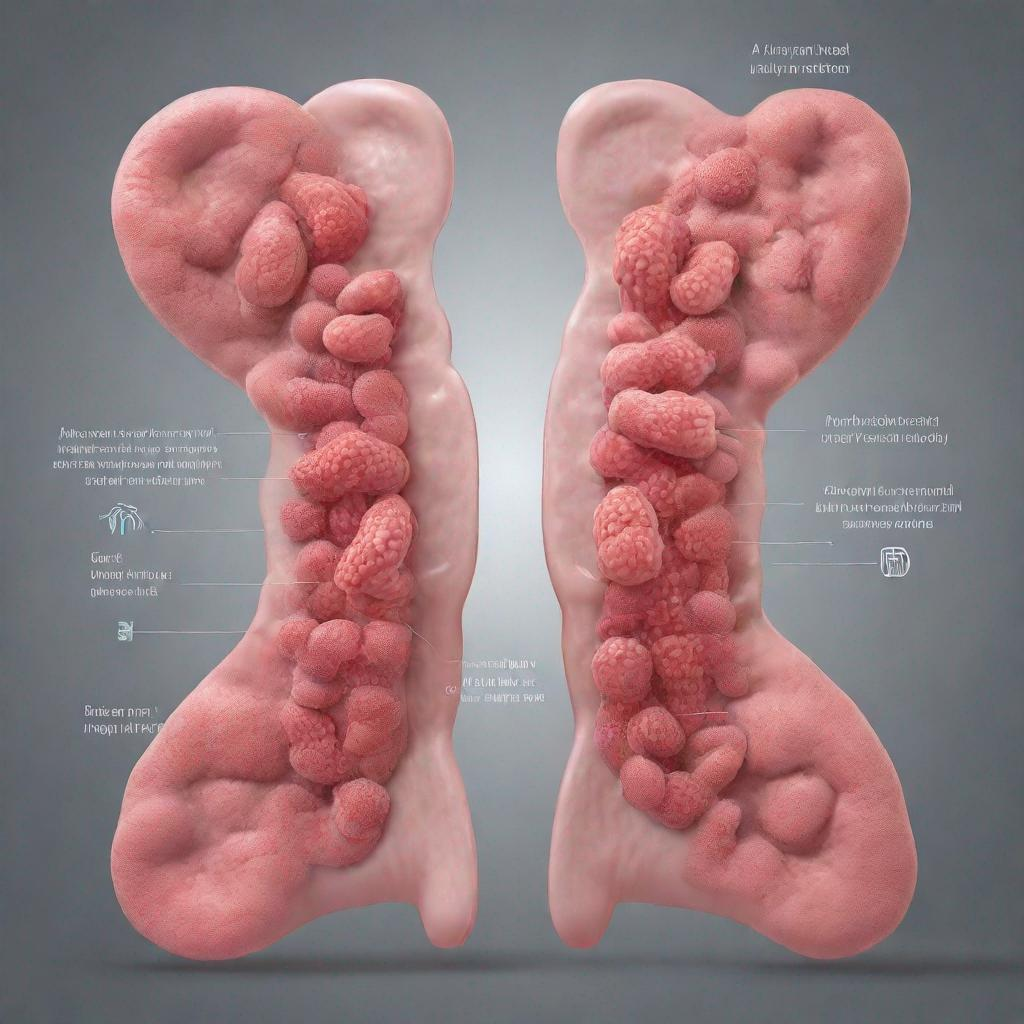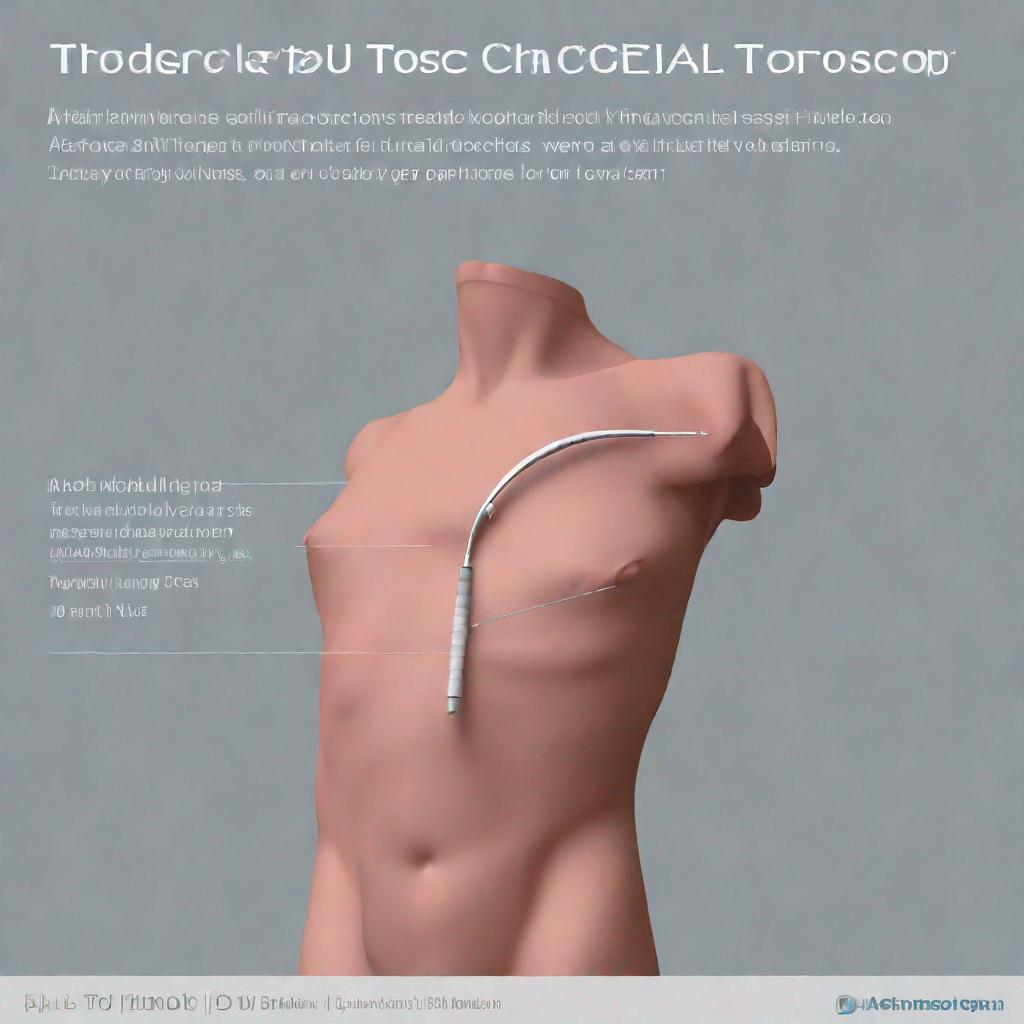## Other Intestinal Infections
### Introduction
Other intestinal infections are a group of conditions that affect the intestines and gastrointestinal tract. They are typically caused by bacteria, viruses, or parasites that enter the body through contaminated food, water, or contact with an infected person. Symptoms of intestinal infections can range from mild to severe and may include diarrhea, abdominal pain, nausea, vomiting, fever, fatigue, dehydration, blood in stool, and mucous in stool.
### Diagnosis
Diagnosing other intestinal infections typically involves a physical examination, review of symptoms, and laboratory tests. Stool cultures, blood tests, and imaging studies may be used to identify the specific cause of the infection.
### Prevention
Preventing intestinal infections involves practicing good hygiene, such as washing hands frequently, drinking clean water, and avoiding contaminated food. Vaccinations are also available for certain intestinal infections, such as rotavirus, typhoid, and cholera.
### Types of Infections
* **Enteritis:** Inflammation of the small intestine
* **Colitis:** Inflammation of the colon and rectum
* **Gastroenteritis:** Inflammation of the stomach and intestines
* **Dysentery:** Inflammation of the colon accompanied by severe diarrhea and blood in stool
* **Clostridium difficile infection:** Infection caused by a bacteria that can cause severe diarrhea after antibiotic use
* **Salmonellosis:** Infection caused by Salmonella bacteria, often transmitted through contaminated poultry or eggs
* **Shigellosis:** Infection caused by Shigella bacteria, often transmitted through contaminated food or water
* **E. coli infection:** Infection caused by certain strains of Escherichia coli bacteria
* **Campylobacter infection:** Infection caused by Campylobacter bacteria, often transmitted through contaminated poultry or water
* **Giardiasis:** Infection caused by Giardia lamblia parasite, often transmitted through contaminated water
* **Amoebiasis:** Infection caused by Entamoeba histolytica parasite, often transmitted through contaminated food or water
### Symptoms
* Diarrhea
* Abdominal pain
* Nausea
* Vomiting
* Fever
* Fatigue
* Dehydration
* Blood in stool
* Mucous in stool
### Treatment
Treatment for other intestinal infections depends on the underlying cause. Antibiotics, antiparasitic agents, or antiviral agents may be prescribed to treat bacterial, parasitic, or viral infections, respectively. Fluid and electrolyte replacement is essential to prevent dehydration. In severe cases, surgery may be necessary.
### Complications
If not treated promptly, other intestinal infections can lead to serious complications, including dehydration, electrolyte imbalances, sepsis, and malnutrition. Some types of intestinal infections, such as Clostridium difficile infection and Shigellosis, can also lead to long-term health problems.
### Prognosis
The prognosis for other intestinal infections depends on the severity of the infection and the underlying cause. Most infections resolve within a few days to weeks with appropriate treatment. However, some infections can be more severe and may require hospitalization or long-term management.




